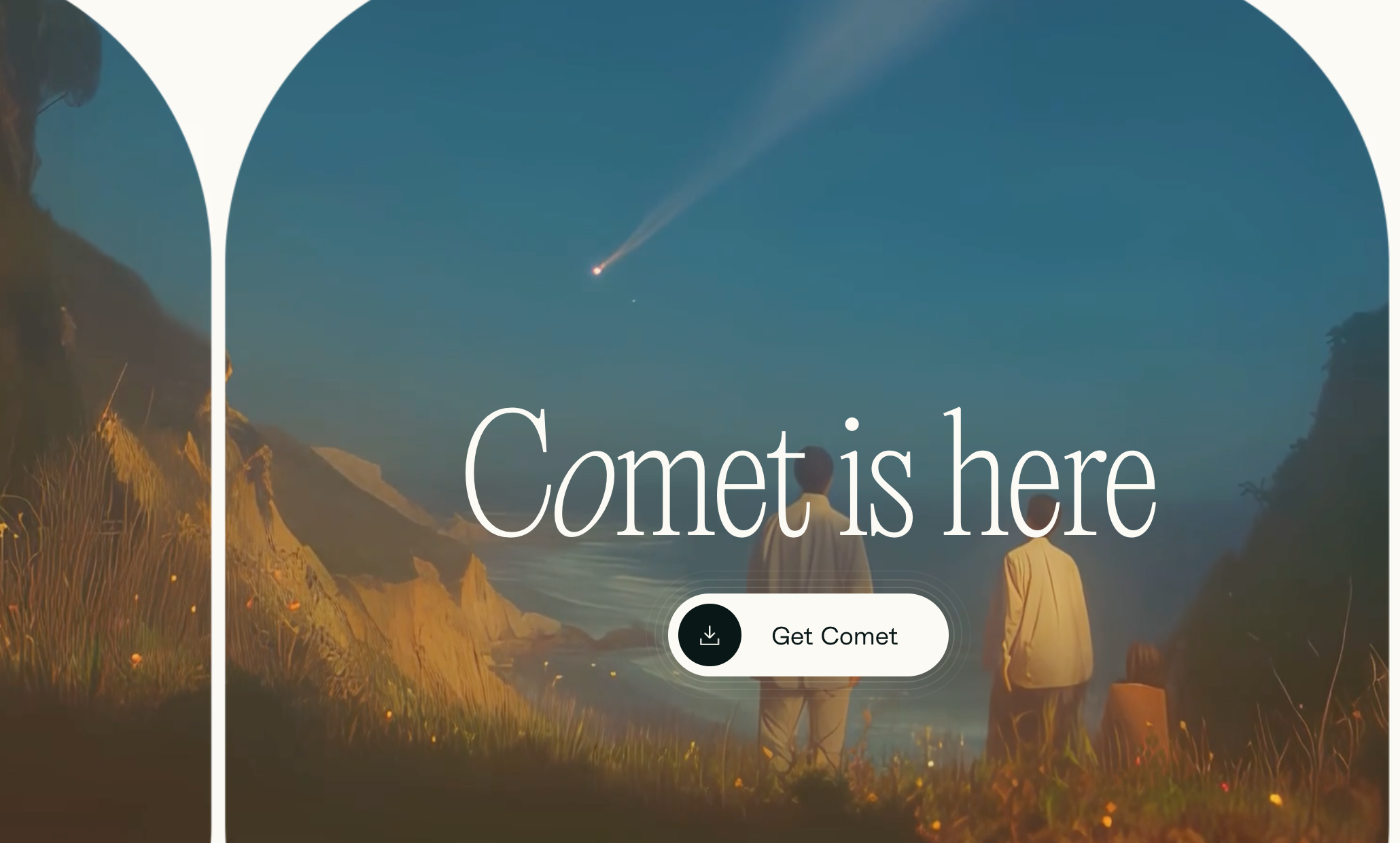Perplexity AI has launched a new browser. It’s called Comet, and it’s not your typical web tool. In fact, the company doesn’t even want you to think of it as “just a browser.”
Instead, Comet is being pitched as something more ambitious: an intelligent assistant that lives directly inside your operating system, always watching, always ready, and (hopefully) always helpful.
But is it really the future of browsing, or just another layer of digital noise?
Let’s break it down.
Comet is a Chromium-based web browser, meaning it can run all your usual Chrome extensions and websites. But unlike traditional browsers that simply open pages and stay out of the way, Comet integrates artificial intelligence (AI) agents directly into its core.
These AI systems aim to understand what you’re doing, offer help without being asked, and even automate tasks for you.
In short, it’s not just reactive it’s proactive. Think of it as a browser that tries to think ahead, sometimes more than you’d like.
Perplexity makes some big promises. Here are the key features:
Proactive Suggestions: Comet observes your activity and offers summaries, alerts, or ideas without you having to prompt it.
Context Awareness: It can tell what you’re working on and adjust its behavior. If you’re writing code or dragging files into Slack, it may offer related content or ask if you’d like to attach that summary you wrote yesterday.
Local AI Processing: Much of Comet’s AI runs on your own device, reducing reliance on cloud servers and, in theory, improving privacy.
Task Automation: Comet can chain together steps to help you complete complex workflows, like booking travel or compiling research.
Learning Your Habits: It adapts to your schedule. Morning briefings, evening reading suggestions, reminders all based on usage patterns.
In a perfect world, this might feel like having a tech-savvy personal assistant by your side. In reality, it’s still early days.
While Comet sounds impressive on paper, there are a few reasons to approach with caution:
Data Access: To be helpful, Comet asks for a lot of access, including your emails, calendar, documents, and even what’s on your screen. That raises important questions about privacy and control.
Errors and Hallucinations: Like many AI systems, Comet can get things wrong. Testers report it sometimes invents answers or misunderstands instructions. For now, you may need to double-check its work.
Overdependence: If everything becomes automated, what happens to critical thinking? Are we outsourcing too much of our decision-making to software?
These aren’t new issues, but when your browser starts acting like your assistant, they become harder to ignore.
As of now, Comet is available only to Perplexity’s Max plan subscribers, who pay $200 per month, and to a limited group of early testers. That makes it a premium experiment for the time being, not a mass-market product.
But that could change quickly if the AI-powered browsing trend catches on
Comet is part of a broader shift in how we interact with technology. Companies like Google, OpenAI, and The Browser Company are all racing to embed AI deeper into browsers, operating systems, and devices. The idea is simple: don’t just search the web, work with it.
Perplexity’s CEO has said that his ultimate goal is to build an “AI operating system.” Comet is the first real step toward that vision.
If it works, it could reshape the internet as we know it. If it stumbles, well, we’ll still have Chrome












